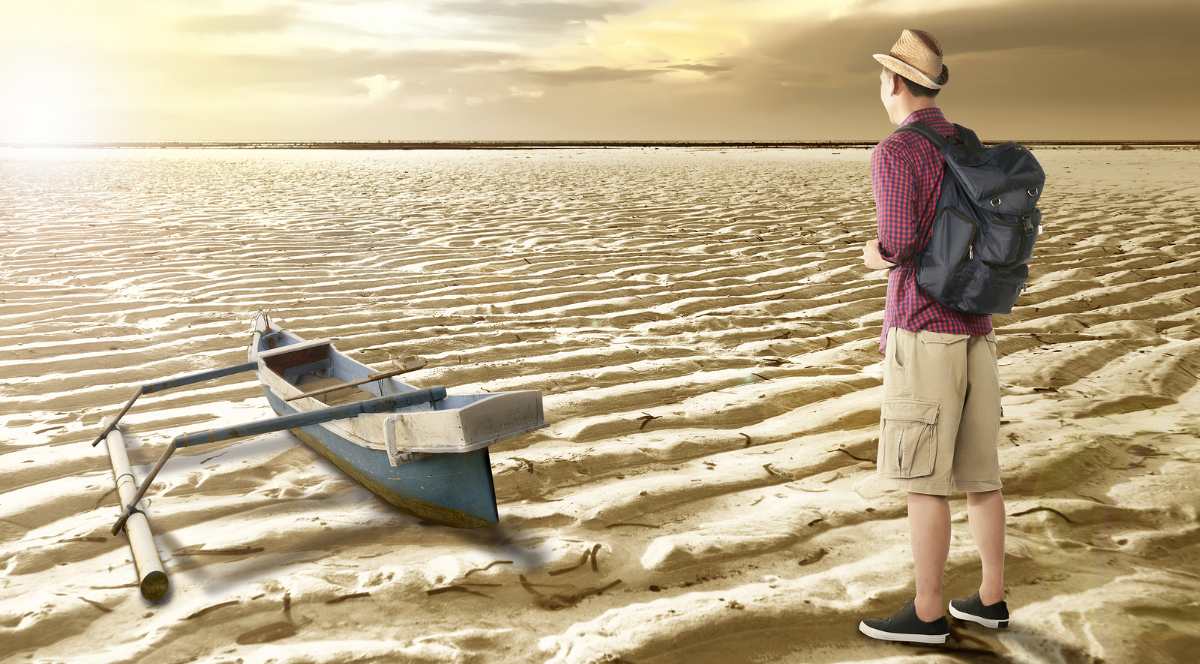
Is it ethical to have children as climate Armageddon approaches?
Alexandria Ocasio-Cortez opens up a discussion with her followers
Big Stock Photo
New York’s celebrity Democrat Alexandria Ocasio-Cortez recently told her 2.7 million followers on Instagram that it was a “legitimate question” to ask whether they should have children in an age of looming climate disasters.
“Our planet is going to face disaster if we don’t turn this ship around,” she said in a live video feed as she prepared dinner. “And so it’s basically like, there is a scientific consensus that the lives of children are going to be very difficult and it does lead, I think young people, to have a legitimate question. Ya know, should—is it okay to still have children?”
She continued: “Not just financially because people are graduating with $20, 30, 100,000 of student loan debt so they can’t even afford to have kids in the house, but there’s also just this basic moral question, like, what do we do?”
“The whole premise of the Green New Deal,” she continued, “is that we’re screwed on climate. I’m sorry to break it to you,” she said. “When it comes to climate in particular, we’re actually screwed. There is a global threat to the planet.”
Ms Ocasio-Cortez is echoing the thoughts of anti-natalist activism, which is represented by a website, Conceivable Futures, and a philosopher, Travis Rieder, a bioethicist at the Berman Institute of Bioethics at Johns Hopkins University.
Conceivable Futures says that the “climate crisis is a reproductive justice crisis”:
How do you protect your health and your children in an increasingly dangerous and toxic environment? How do you decide whether or not to have a baby when a healthy and stable future is increasingly jeopardized? Even with access to fertility regulation, no one makes reproductive ‘choices’ freely in the face of so many economic and environmental pressures.
Dr Rieder points out that creating babies is a deeply ethical decision: we “inflict the child on the world, and inflict the world onto the child”. Each child adds to the pressure on the environment and an increasingly toxic environment could make the child’s future miserable. He pointed out a couple of years ago that procreation morally questionable:
I, like many philosophers, believe that it’s morally better to make people happy than to make happy people. Those who exist already have needs and wants, and protecting and providing for them is motivated by respect for human life. It is not a harm to someone not to be created. In fact, I would argue that it is more “anti-life” to prioritize creating new life over caring for, or even not harming, those who already exist.
Michael Cook is editor of BioEdge
Creative commons
https://www.bioedge.org/images/2008images/bigstock-Rear-View-Of-Asian-Traveler-Lo-278390326_(1).jpg
childlessness
climate change
population control
- How long can you put off seeing the doctor because of lockdowns? - December 3, 2021
- House of Lords debates assisted suicide—again - October 28, 2021
- Spanish government tries to restrict conscientious objection - October 28, 2021
